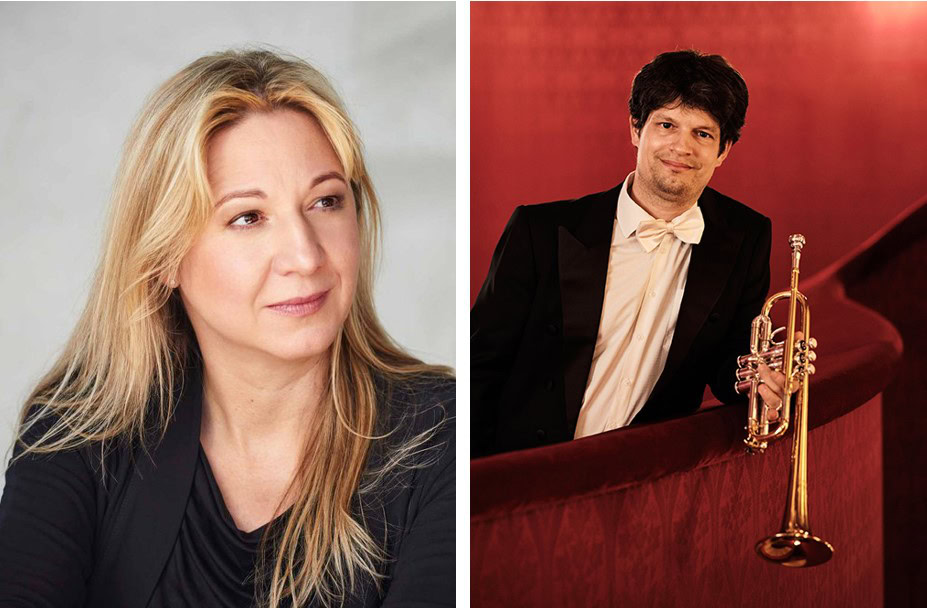Elegant singing
Beethoven every Friday: to mark his 250th birthday, we take a look at one of his works every week. Today it's "Elegischer Gesang" for choir and string orchestra.

How one can be deceived. For Franz Schubert by no means quickly took a few counterpoint lessons shortly before his death, nor did Alban Berg anticipate the Bach chorale in his last work, the Violin Concerto It is enough quoted. This is the inverted logic of posterity, which seeks meaning in the face of the sequence of events, constructs biographical coherence and assumes a larger world plan - although, when viewed soberly, rarely does anything in one's own life seem truly logical. Even Beethoven's Elegant singing op. 118, published posthumously in August 1827, was not spared such aberrations in reception. Adolf Bernhard Marx noted in a succinct review in the same year: "Beethoven's last tone poems sometimes express such a tender, intimate, transfiguring emotion that one is tempted to hear a sense of imminent departure; they are dreams and forebodings that float over the strings, as soon as over the earth, with a gentle breeze ... awakening its sound and fading away with it" (Berliner Allgemeine Musikalische Zeitung).
Today we know that the widely unknown and only very rarely performed Elegant singing was composed 13 years earlier, presumably in connection with the third anniversary of Eleonore von Pasqualati's death on August 5, 1814. It is about the second wife of Beethoven's friend, lawyer and long-time landlord Johann Baptist Freiherr von Pasqualati, who died at the age of 24, probably in childbirth. The work was probably never intended for large choir and orchestra (as it is usually recorded), but rather for a performance as part of a private devotion or memorial service. In any case, the scoring indicates this, as the four vocal parts are only accompanied by a string quartet (expressly without bass): "with accompaniment of 2 violins, viola and violoncello". Performed in this way, singing already appeared to pragmatically oriented contemporaries as a "Masterpiece, which one can make excellent use of, without great means, with good practice for the most worthy celebration of funerals of beloved deceased persons with undoubtedly effective success" (Leipziger Allgemeine musikalische Zeitung, 1827).
Listen in!








